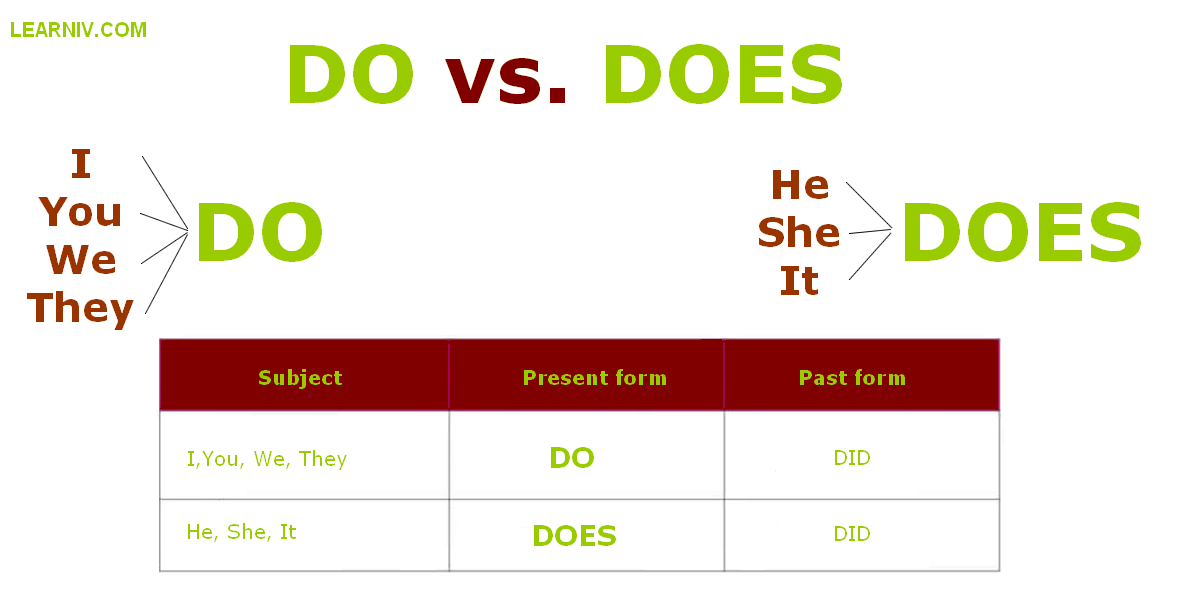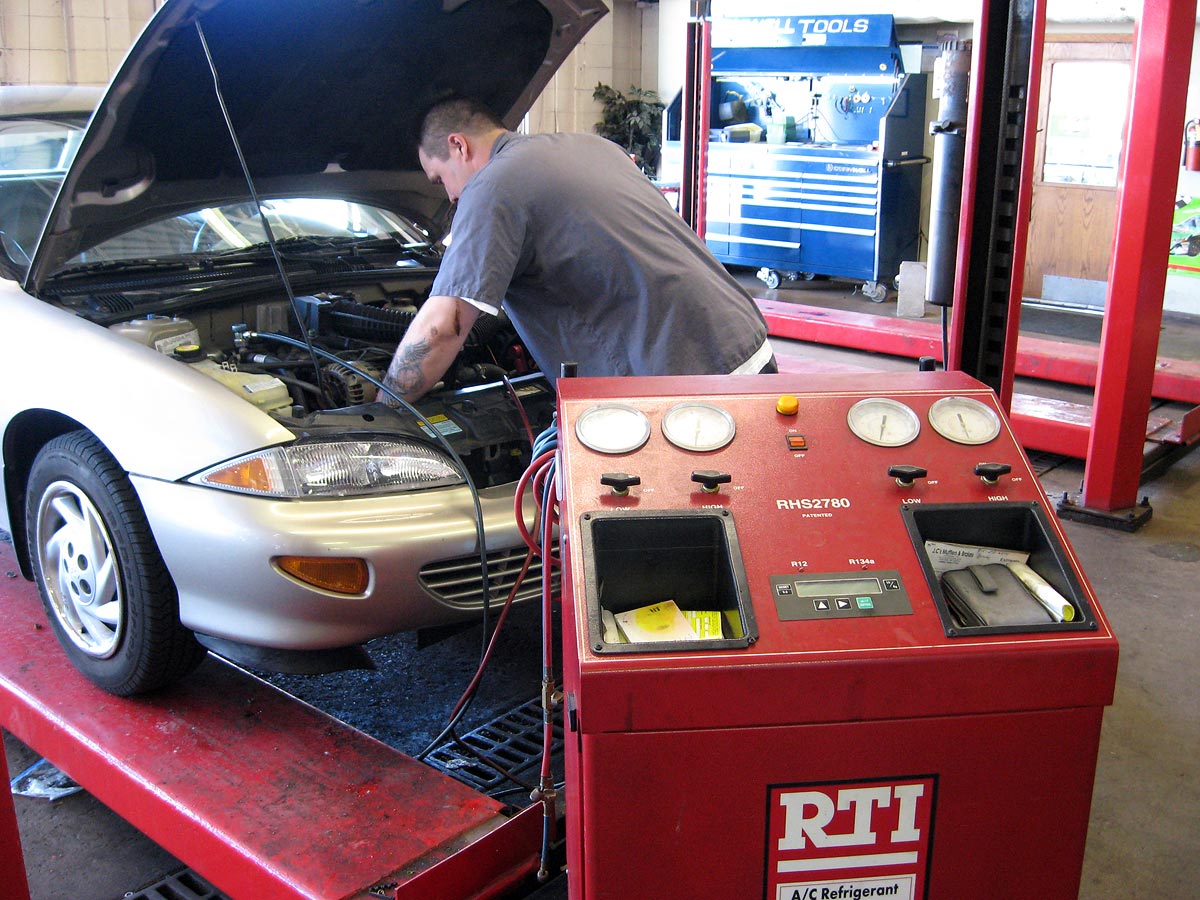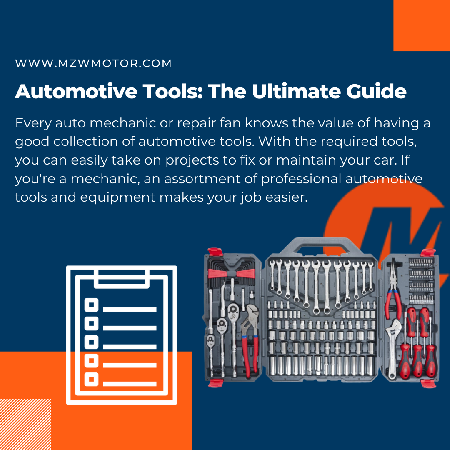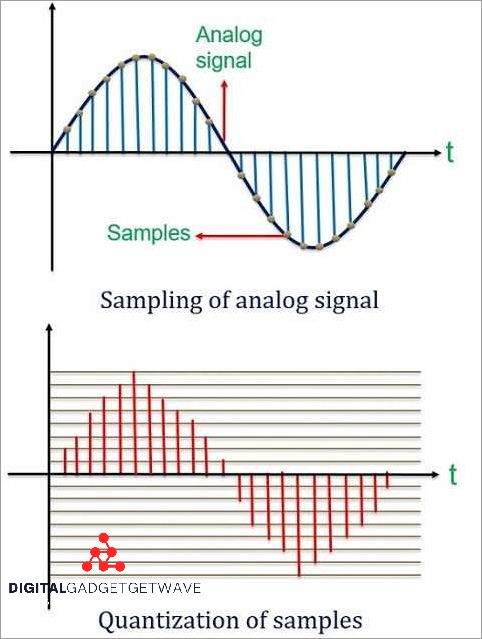Salvage and Rebuilt Title Vehicle Financing: Complete Guide to Bank Approval and Options
Understand salvage and rebuilt title vehicles
A salvage title indicates an insurance company declare a vehicle a total loss due to damage, theft, or other circumstances. The damage typically exceeds a certain percentage of the vehicle’s value, commonly between 75–90 % depend on state regulations. Formerly repair and inspect, a salvage title can become a rebuilt title, signify the vehicle meet safety standards for road use.
Rebuild titles represent vehicles that undergo significant repairs after receive salvage status. State inspections verify these vehicles meet safety requirements, but the rebuilt designation remains permanently on the title. This distinction affect resale value, insurance coverage, and financing options.
Traditional bank financing challenge
Most major banks avoid finance salvage and rebuild title vehicles due to several risk factors. These institutions view such vehicles as poor collateral because their market value remain importantly lower than comparable clean title vehicles. Banks typically require collateral worth at least the loan amount, make these vehicles unsuitable for traditional auto loans.
Credit unions sometimes offer more flexibility than commercial banks. Their member focus approach and local decision make processes can result in case by case evaluations. Nonetheless, yet credit unions frequently impose stricter terms, higher interest rates, or require substantial down payments for rebuilt title vehicles.
The primary concern for traditional lenders involves recovery value. If borrowers default, banks struggle to recoup their investment through vehicle sale. Rebuild title vehicles typically sell for 20 40 % less than clean title equivalents, create significant financial risk for lenders.
Alternative financing solutions
Specialized lenders focus specifically on challenge automotive financing situations, include rebuild title vehicles. These companies understand the unique market dynamics and develop lending criteria consequently. Interest rates typically run higher than traditional auto loans, but approval rates exceed those of conventional banks.
Personal loans represent another viable option for rebuilt title vehicle purchases. Since personal loans are unsecured, the vehicle’s title status become irrelevant to approval decisions. Borrowers with good credit can secure competitive rates, though loan terms commonly remain shorter than traditional auto financing.
Buy here pay dealerships oft finance rebuild title vehicles direct. These establishments handle both vehicle sales and financing, eliminate third party lender complications. Yet, interest rates often exceed market standards, and buyers should cautiously review all terms before commit.
Factors affecting financing approval
Credit score importantly impact finance availability for rebuilt title vehicles. Lenders require higher credit scores to offset increase vehicle risk. Borrowers with excellent credit (750 + )enjoy more options and better terms than those with fair or poor credit histories.
Down payment requirements typically exceed those for clean title vehicles. Lenders much require 20 30 % down payments to reduce their exposure and demonstrate buyer commitment. Larger down payments can besides improve interest rate negotiations and loan term options.
Vehicle age and condition influence lender decisions. Newer rebuilt vehicles with comprehensive repair documentation receive more favorable consideration than older vehicles with limited repair records. Professional inspections and detailed repair histories strengthen financing applications.
The type of damage that cause the salvage designation matter to lenders. Vehicles salvage due to theft recovery or minor flood damage oftentimes receive better financing terms than those involve major collision damage. Lenders assess the likelihood of future mechanical problems base on original damage types.
Documentation requirements
Rebuild title financing require extensive documentation beyond standard auto loan applications. Repair receipts, inspection certificates, and professional appraisals help lenders assess vehicle value and condition. Complete documentation packages improve approval chances and may result in better loan terms.
Professional appraisals from certified automotive appraisers provide independent value assessments. These documents help lenders understand current market value and establish appropriate loan amounts. Some lenders require multiple appraisals to verify vehicle worth.
State inspection certificates prove vehicles meet safety standards for road operation. These documents will reassure lenders that vehicles won’t will face immediate mechanical failures or safety issues that could, will affect collateral value.
Interest rates and terms
Interest rates for rebuilt title vehicle financing typically exceed clean title rates by 2 5 percentage points. This premium reflects increase lender risk and reduce collateral value. Borrowers with excellent credit may negotiate rates confining to traditional auto loan standards.
Loan terms oftentimes remain shorter than conventional auto financing. While clean title vehicles might qualify for 72 84 month terms, rebuild title loans often cap at 48 60 months. Shorter terms result in higher monthly payments but reduce total interest costs.

Source: yankodesign.com
Loan to value ratios normally remain conservative for rebuilt title vehicles. Lenders typically finance 70 80 % of appraise value compare to 90 100 % for clean title vehicles. This requirement necessitates larger down payments but protect lenders against value depreciation.
Insurance considerations
Insurance availability affect financing options for rebuilt title vehicles. Many insurers limit coverage to liability only policies, exclude comprehensive and collision coverage. This limitation concern lenders who require full coverage to protect their collateral interests.
Some insurance companies offer full coverage for rebuilt title vehicles but charge higher premiums. These increase costs affect overall vehicle ownership expenses and may influence lender approval decisions. Secure insurance quotes before apply for financing help establish total ownership costs.

Source: daily.wordreference.com
Gap insurance become especially important for rebuilt title vehicle financing. The significant depreciation these vehicles experience can create situations where loan balances exceed vehicle values. Gap coverage protect borrowers from owe money on total vehicles.
Improve approval chances
Build strong credit before apply for rebuilt title financing improve approval odds and rate negotiations. Pay down exist debts, maintain low credit utilization, and ensure accurate credit reports strengthen applications importantly.
Save larger down payments demonstrate commitment and reduce lender risk. Down payments exceed 25 % much unlock better terms and expand lender options. Some buyers save enough to purchase rebuild title vehicles unlimited, avoid finance complications exclusively.
Establish relationships with local credit unions or community banks can provide financing advantages. These institutions oftentimes consider individual circumstances more exhaustively than large national lenders. Personal relationships and local presence sometimes overcome standard underwriting restrictions.
State specific regulations
State laws govern salvage and rebuild titles vary importantly across the United States. Some states impose stricter inspection requirements while others maintain more lenient standards. Understand local regulations help buyers navigate the financing process more efficaciously.
Certain states require periodic re inspections for rebuilt title vehicles, add ongoing costs and potential complications. Lenders consider these requirements when evaluate financing applications, as additional expenses affect borrower payment capacity.
Title brand laws differ between states, affect vehicle values and finance availability. Some states use multiple designation levels while others employ simpler systems. These variations influence how lenders assess risk and structure loan terms.
Dealer vs. Private party purchases
Purchase rebuild title vehicles from dealers oftentimes provide better financing options than private party transactions. Dealers oftentimes maintain relationships with specialized lenders and can facilitate loan applications. Some dealers offer in house financing specifically for challenge credit or title situations.
Private party purchases typically require buyers to secure financing severally. This process can prove more challenging but may result in better vehicle prices. Buyers should obtain finance pre-approval before negotiate private party purchases to ensure deal completion capability.
Dealer warranties, yet limited ones, can improve finance approval chances. Lenders view warranty coverage as additional protection against immediate mechanical failures that could affect collateral value.
Long term financial implications
Rebuild title vehicles depreciate degraded than clean title equivalents, affect long term financial outcomes. Buyers may find themselves underwater on loans more rapidly, peculiarly with minimal down payments. Understand depreciation patterns help buyers make informed financing decisions.
Resale challenges affect exit strategies for finance rebuilt title vehicles. Limited buyer pools and reduced values can complicate loan payoffs when sell or trading vehicles. Plan for these scenarios help avoid financial difficulties late.
Total cost of ownership much exceed initial expectations for rebuilt title vehicles. Higher insurance premiums, potential mechanical issues, and financing costs can accumulate importantly over time. Comprehensive cost analysis should include all these factors before commit to financing.
Make the right decision
Financing rebuild title vehicles require careful consideration of multiple factors include credit situation, down payment capacity, and long term ownership plans. While challenges exist, viable financing options are available for qualified buyers willing to navigate the specialized lending landscape.
Compare multiple lenders and financing approaches helps identify the best available terms. Personal loans, specialized auto lenders, and dealer financing each offer distinct advantages depend on individual circumstances. Thorough research and preparation importantly improve outcomes.
Understand the complete financial picture, include insurance costs, depreciation, and resale challenges, enable informed decision-making. Rebuild title vehicles can provide excellent value for buyers who secure appropriate financing and maintain realistic expectations about ownership costs and future value.
MORE FROM promospotlight.com












